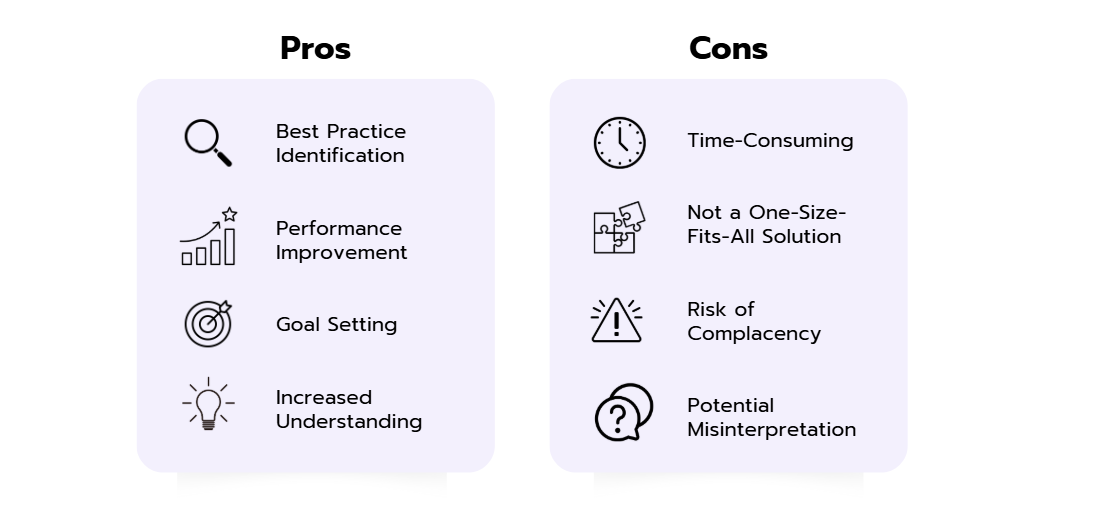Useful Business Analysis Tools
A core competency is a skill or a capability of a company that delivers the highest value for the customer compared to its other activities. The concept is related to value chain, as core competencies are a sub-category of the primary activities, depicting the most crucial processes. In addition, a process is considered a core competency if the activity delivers higher value compared to processes of the same category from its competitors.A core competency usually features the following three characteristics:Challenging to be replicated by competitors because it is a result of an extensive learning period.Delivers unique value to the customers.Can be applied to the majority of products and markets of the company. Use the Strategic Advantages of Core Competencies to Set Up a StrategyCore competencies are an opposite approach to Porter’s five forces, which focus on the external environment as a key factor, which drives decisions. The core competency concept uses companies’ internal capabilities as drivers for strategic choices.Knowing the core competencies of a company in a case interview will help you to understand:Where to focus in terms of introducing and developing new products, one dimension of the Ansoff Matrix.What processes to outsource.How to build a competitive edge in terms of cost or quality.How to create new markets or enter emerging high growth markets Apple’s Approach (Example)Apple's core competencies:Design: Life-style designTechnology: Product differentiation through innovationMarketing:Viral marketingSuperior brand with matching price and placementSecrecy about new productsApple's focus on areas where it can deliver the best value has resulted in a set of very loyal customers, and it is unlikely to convince Apple customers to switch to a competitor's product.Hence, it is crucial for a company to have a core competency and leverage this strength to be successful.
